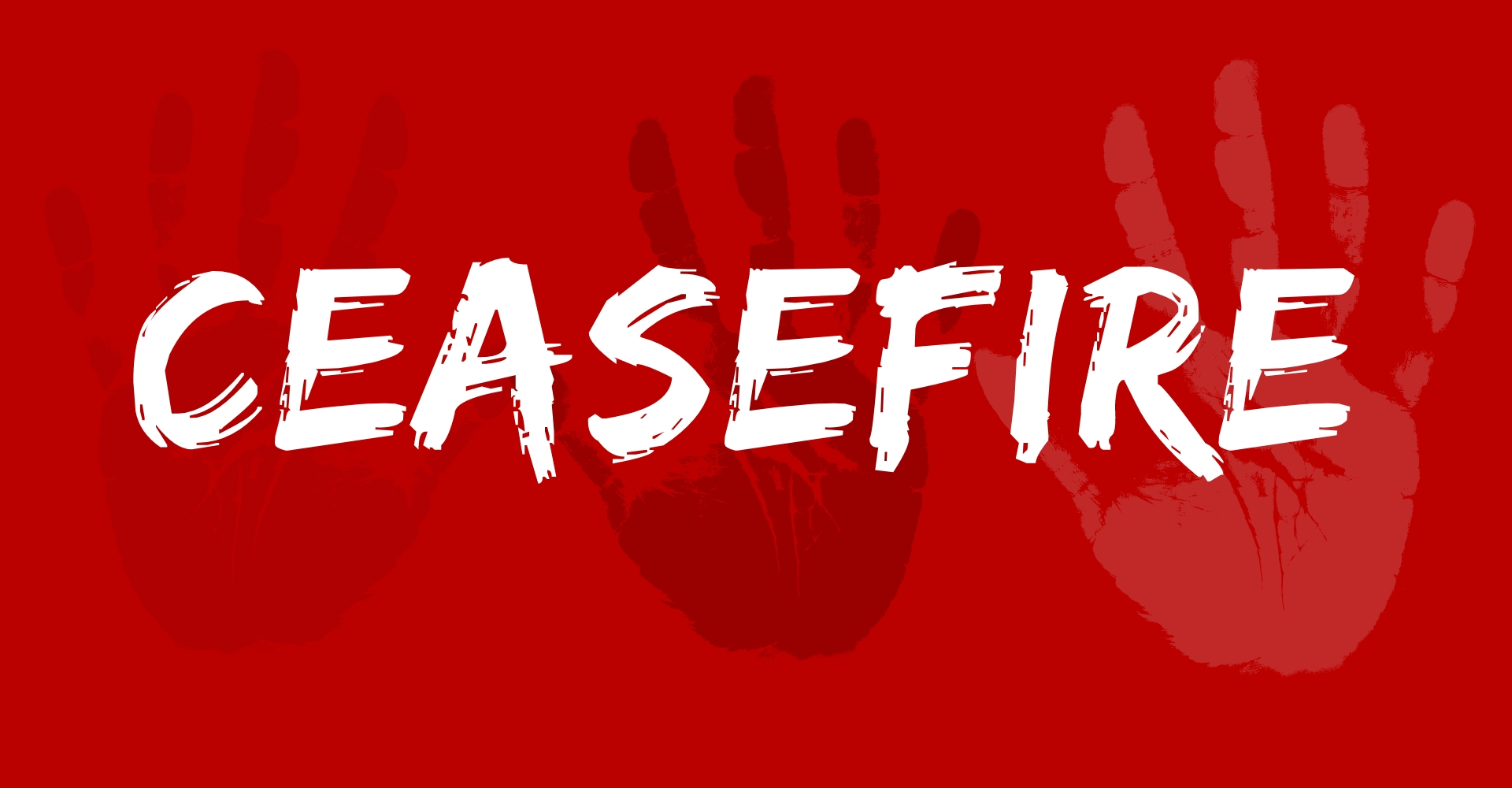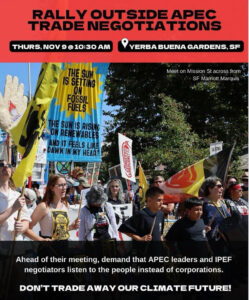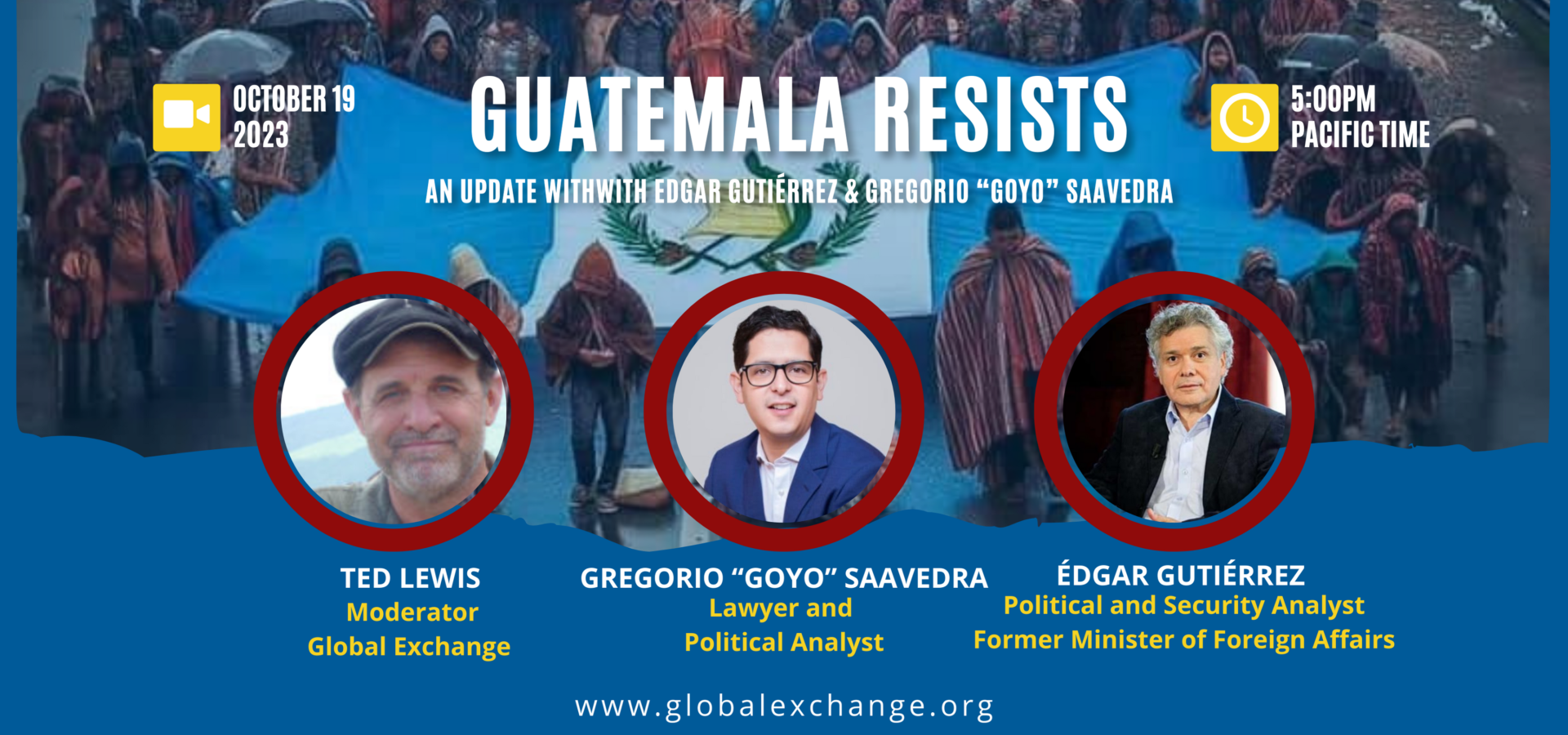The U.S. veto of the UN Security Council Resolution calling for an immediate humanitarian ceasefire in Gaza gives a green light for Israel to continue escalating a murderous military campaign that has reached genocidal proportions in Gaza.
This is wrong and the U.S. now stands visibly isolated on the world stage. And our government’s stubborn refusal to help put the brakes on what UN Secretary-General Antonio Guterres termed a “humanitarian catastrophe” in Gaza is not just wrong, it is immoral.
It not only makes us complicit with every atrocity committed by the IDF, it unnecessarily puts us on a collision course with history and people around the world who should be our friends and allies.
For decades the U.S. has used its Security Council veto power to protect Israel from the consequences of its own excesses – like the invasion of Lebanon in the 1980’s, the use of prohibited weapons, decades of settlement on illegally occupied lands – the list is long. Israel has become accustomed to virtually unconditional U.S. backing, but this week’s veto is perhaps the most bitter one yet.
Over 17,000 people have been killed in weeks of brutal and indiscriminate strikes on Gaza in what Israel justifies as retaliation for the brutal October 7th attacks by Hamas. All life is sacred, but the world is not buying Israel’s story. Not when nearly half those killed in its military campaign are children, not when most of Gaza’s homes are already destroyed, not when more than a million internally displaced people fleeing the conflict go hungry, thirsty, unsheltered.
And the gruesome October 7th assault did not suddenly make the deeply corrupt, authoritarian ultra-nationalist Benjamin Netanyahu a wise leader who the U.S. should support even as he bombs and brutalizes the people of Gaza whose grandparents first fled there 1948 and who, since 1967, have lived under military occupation and domination by Israel.
The shock of what happened on October 7th is undisputed, the lessons are not. The U.S. is not obliged to follow Benjamin Netanyahu on an impossible campaign to “exterminate” his enemies. Joining the world in calling for a genuine and prolonged ceasefire is in the long-term best interests of the American people and of everyone involved. Violence begets more violence. New leaders who understand that are desperately needed.
In a statement explaining why he invoked the rarely used Article 99 of the UN Charter that empowers the Secretary-General “to bring to the attention of the Security Council any matter which, in his opinion, may threaten the maintenance of international peace and security,” Guterres lamented the “appalling human suffering, physical destruction and collective trauma across Israel and the Occupied Palestinian Territory.” He said, “Hospitals have turned into battlegrounds [and that] without shelter or the essentials to survive, I expect public order to completely break down soon.”
The temporary ceasefire between Israel and Hamas that was abandoned on December 1st should resume. The exchange of captives should resume. The constant deadly bombardment of Gaza must stop; truce and ceasefire must be revived.
Don’t let up the pressure on our leaders. Please tell the White House: Permanent Ceasefire NOW. Call and express your disappointment on today’s ceasefire VETO. America can do better.
Call the White House Today 202-456-1111
*this blog was written on December 8, 2023


